A day in the life: a midweight designer at Pentagram
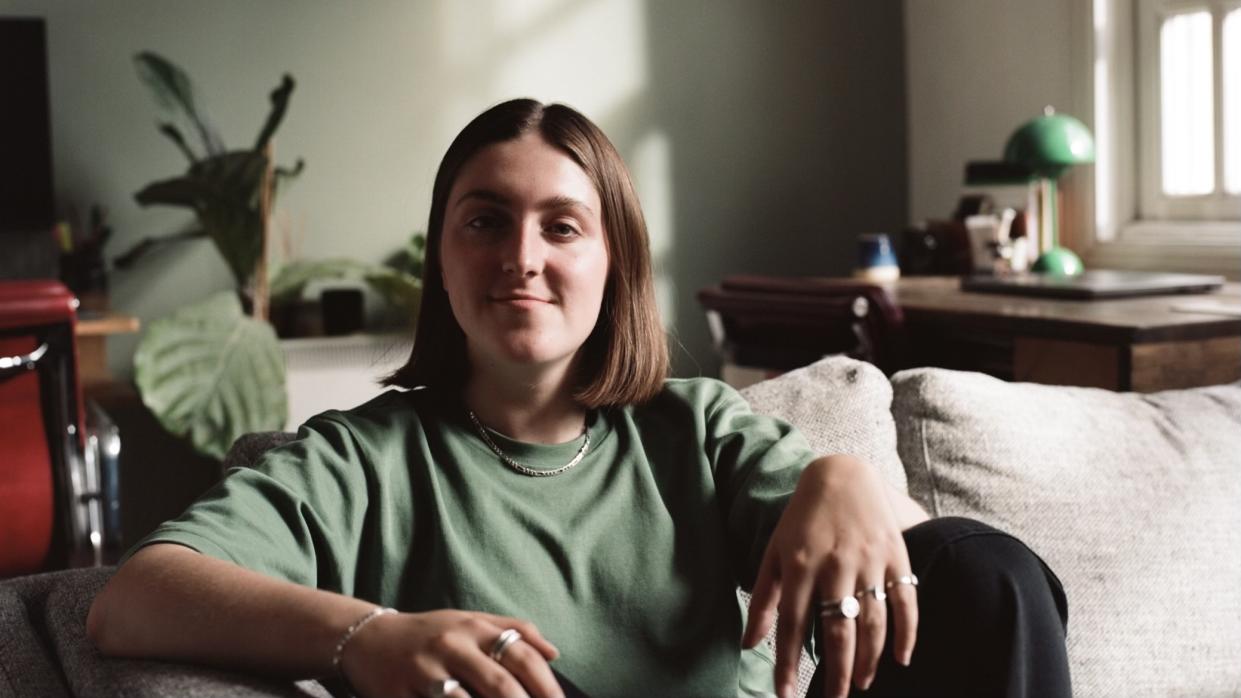
Alice Sherwin has been working as a midweight designer for design firm Pentagram for the past two years. A graphic design University of Southampton graduate, she previously interned at Mr President before a stint at Phantom. She credits getting her current job through having a diverse portfolio made up of freelance work and side projects, as well as work from her full-time design role.
More in this series
- Emily Sneddon from COLLINS
- Ilka & Franz
- Ben the Illustrator
- Ollie Ennis from SMAKK
- Marie Boulanger from Monotype
"For anyone out there who feels like they don’t have the portfolio they want from the current job they have, you can make work yourself," she says. "Not saying it’s easy, but it definitely went a long way to getting me the job I have now."
At Pentagram, Sherwin works under brothers Luke Powell and Jody Hudson-Powell, and has worked on big-name projects including the Channel 4 masterbrand, which she tells us more about below...
Explore more articles in the day in the life series.
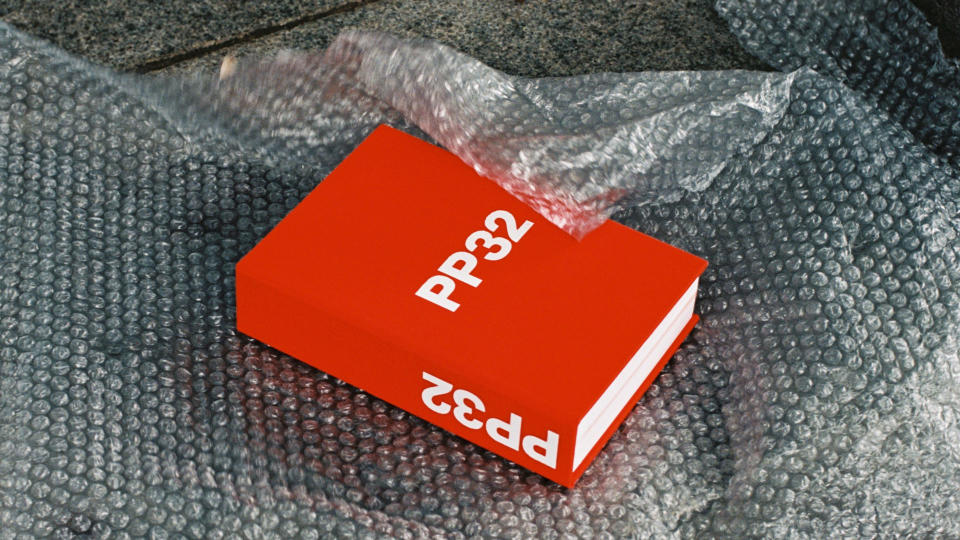
Tell me about a typical day in your role
Our team is about 12 people – it’s still small studio energy, just within a big studio. We work from home a couple days a week but on the other three days I commute across from East London to West (god bless the Lizzie line) and get to the studio around 9.30am.
A typical day for me changes all the time, and very much depends on the project and what’s going on with the rest of the team. It might be a day of getting my head down and working through a project we’re in the thick of. Or doing work but constantly chatting, ideating and bouncing ideas off each other – definitely the case at the start of a project.
Or I could be somewhere else entirely, presenting to a client, at a workshop or even at a photoshoot. I could be working solely on one project, or juggling multiple at once. It changes a lot! But at the core of it, I’m a designer – which in our team means that I work right from the start to the finish of projects, coming up with concepts (usually for brands, but could be for books, exhibition identities, websites, etc) and seeing them through to guidelines/implementation/the bitter end, usually alongside a motion designer, project manager and either Luke or Jody.
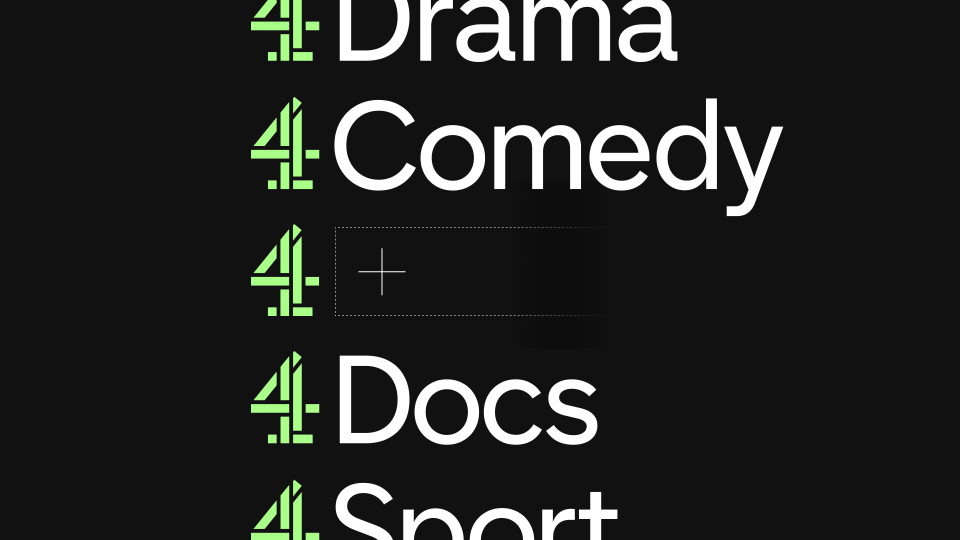
How do you approach a new brief when you get it?
Writing! Talking! Thinking! Anything other than visual references. I like to have my thoughts down on paper, so I definitely think in statements. I have to know why.
I think lots of designers can come up with all sorts of mad things visually without an idea of why they are doing things, and that’s a genuinely useful skill in itself. But I’m pretty logical, and just need things to make sense before I can actually design anything properly. Ideas and how they extrapolate out into a system is what interests me. I guess that’s why I like design: a perfect mix of conceptual and logical thinking. So, when I start a brief, it’s always notes and thoughts and concepts first.
Which project are you most proud of?
It’s got to be the Channel 4 masterbrand. It’s pretty baffling to have worked on a brand for something that has been such a big part of my life growing up. The scope of the project was huge and unwieldy and having worked on it from the pitch all the way through to its release one and a half years later, it’s so great to see it out in the world.
It’s a tough ask to create a brand system that encourages much greater consistency than ever before for such an inherently rebellious broadcaster, while still allowing for (and encouraging) the creativity they are known for, but I think we did a pretty good job. Very grateful to the rest of the team (especially Luke, Nav, Jack and Luis) who were there throughout this absolute rollercoaster of a project.
Typeone is also up there. Outside of Pentagram, I art direct and design the magazine alongside Harry Bennett under the moniker Studio Ground Floor. We’re seven issues in now, and just like the other books and magazines we design together, there’s nothing quite like seeing something physical you’ve made in people’s flats and studios.
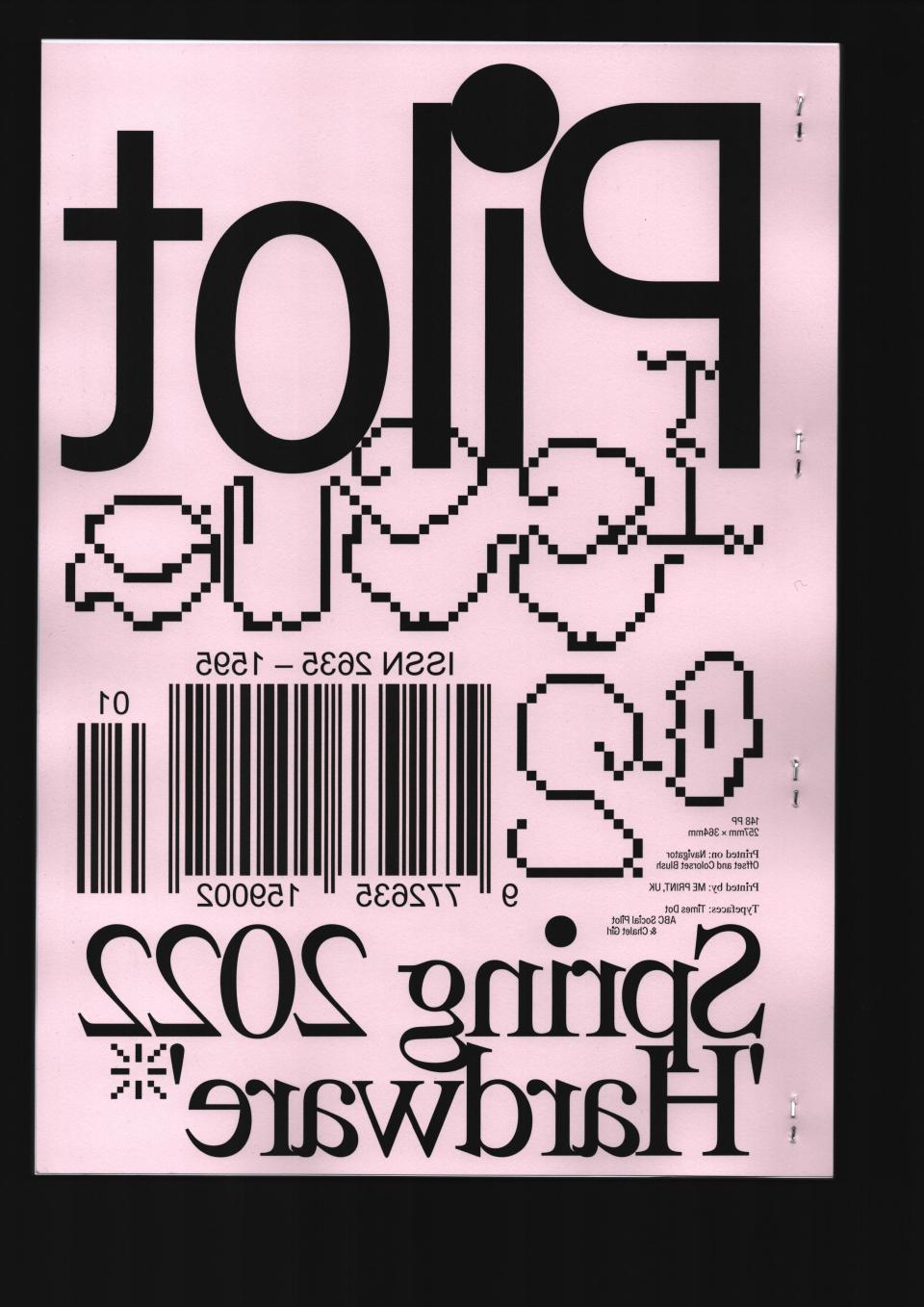
What did you learn from the Channel 4 project?
There are too many answers to this – that’s a year and a half of a lot of lessons! Just a few of them… How to work with a VERY BIG client (many different stakeholders); how to step back from a brand that you love and know super-well from a personal angle and see it from a new perspective; how to design a system that could work across every single aspect of such a large brand, from TV to social to streaming, to E4, Film4; new ways of thinking strategically; and many many other things too.
What tips would you give someone working on a high-profile brand?
First of all, work out what you can actually change first – big brands often have crazy and fragmented company structures. Can they actually roll out what you’re suggesting? What are their internal team capabilities?
Secondly, a classic, but it’s as much (if not more) about how you talk about the work as the work itself. At larger companies there’s often many levels of stakeholders that the work will have to be presented to, and all of these people have different perspectives. Who are you talking to? What do they know already? And what do they need to know?
Lastly, test, test, test! With a massive brand, you need to be able to make sure it works at every level of the brand, with a system that has plenty of consistency, but also with enough flexibility for it to work across all outputs. One little decision will impact a lot of things so testing your ideas out properly will make all the difference.
Tell me about a tricky work-related challenge and how you approached it
Work is always a bit tricky I guess! It’s the nature of working in a field where nothing is technically right or wrong, but one where everyone has opinions and preferences. There are a million strange bits of client feedback, difficult briefs, long projects where you have to keep a grip of a thousand things over what can feel like a thousand years, short projects where you’re working under really mad deadlines, and times when you’re convincing people of things you know are correct when they are sure of the opposite. That’s half the fun of it really though, figuring out things that aren’t easy and getting somewhere with it in the end.
I would probably write an essay if I dived into something specific, but I think my approach to all of these sorts of difficult things is generally the same. First, I talk about it to people I work with – you usually just need another person’s perspective when you’re stuck. After that, I give it a go and try to find a way to make it work. I like making sense of things, so whether it’s mapping out why this is the right decision, or writing a list of all the questions I have, eventually I get out of the rut. And if that doesn’t work, sometimes you just have to take a deep breath and let it go!
What's the benefit of being part of Pentagram?
My lovely team! We always talk about how we’re quite a weird mix of personalities – everyone is very different but we all get along really well. Aside from that, the main (actually work related) benefit: everyone is just really really good at what they do. Obviously there’s some pressure and expectation that comes with that. But so much cool stuff comes out of it.
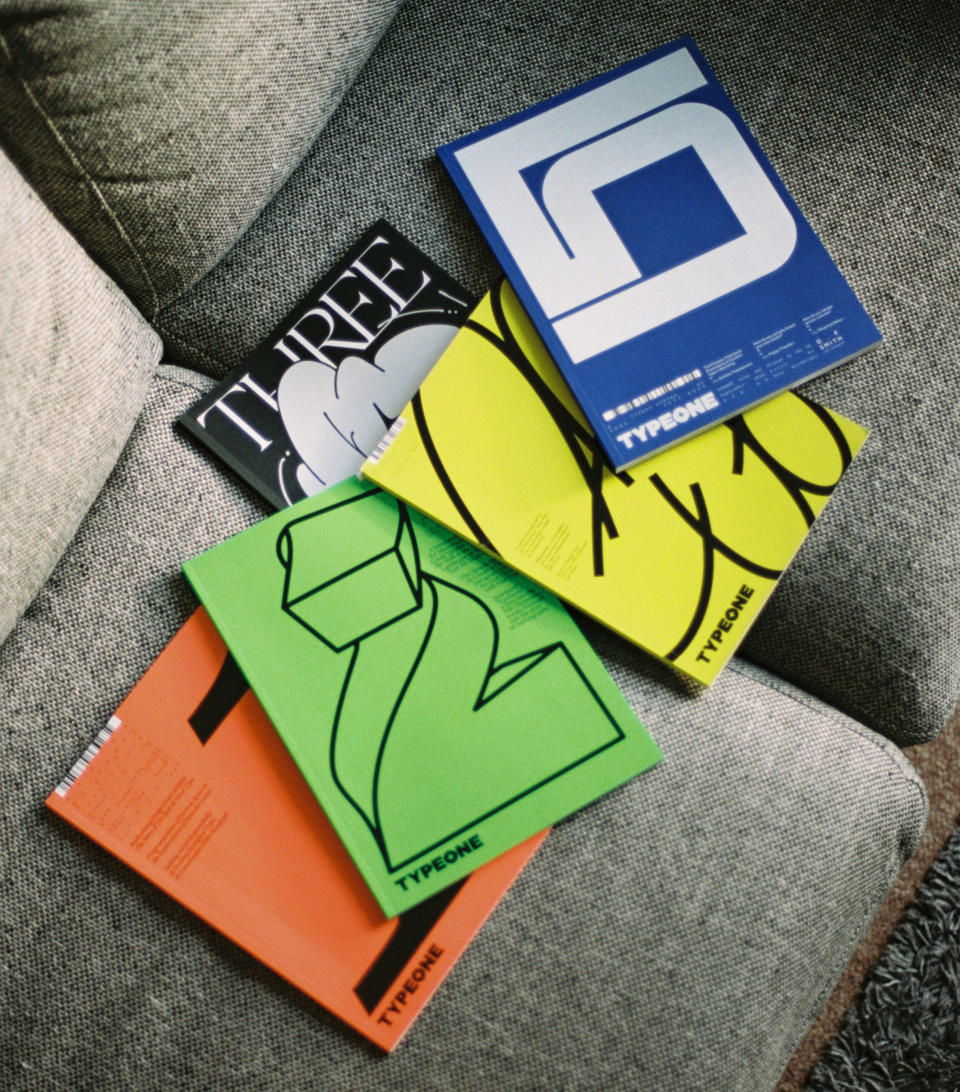
Who’s your dream client?
The Olympic Games!
Are you concerned or excited about the advent of AI?
I don’t think I’m either. Like anything, AI is just new to people, and new can mean scary. It’s definitely concerning in some ways but I also think it’s useful, cool, boring and a bit kitsch too. In general, when you look at who is using things like Midjourney in interesting ways, it’s just the people who are creating things with other mediums in interesting ways too. It’s the way people think that excites me, rather than AI alone.
What career advice would you give your younger self?
Be a bit braver. At the start of my career everything felt like a fluke. I absolutely did not believe in myself so I didn’t go for the things I really wanted to go for. 'Oh, this person thinks I’m good? Can’t be true!'
I don’t think I ever came across as not confident outwardly but internally I was so anxious and completely lacking in self belief. Luckily with experience (and lovely people around you believing in you) comes more confidence, and it’s nice to come out the other end. You just have to grit your teeth and let yourself believe that you can go for what you really want to do, and then go for it despite feeling like you shouldn’t or can’t (that’s the brave bit!).
Visit the Pentagram website to find out more about Sherwin's work.

